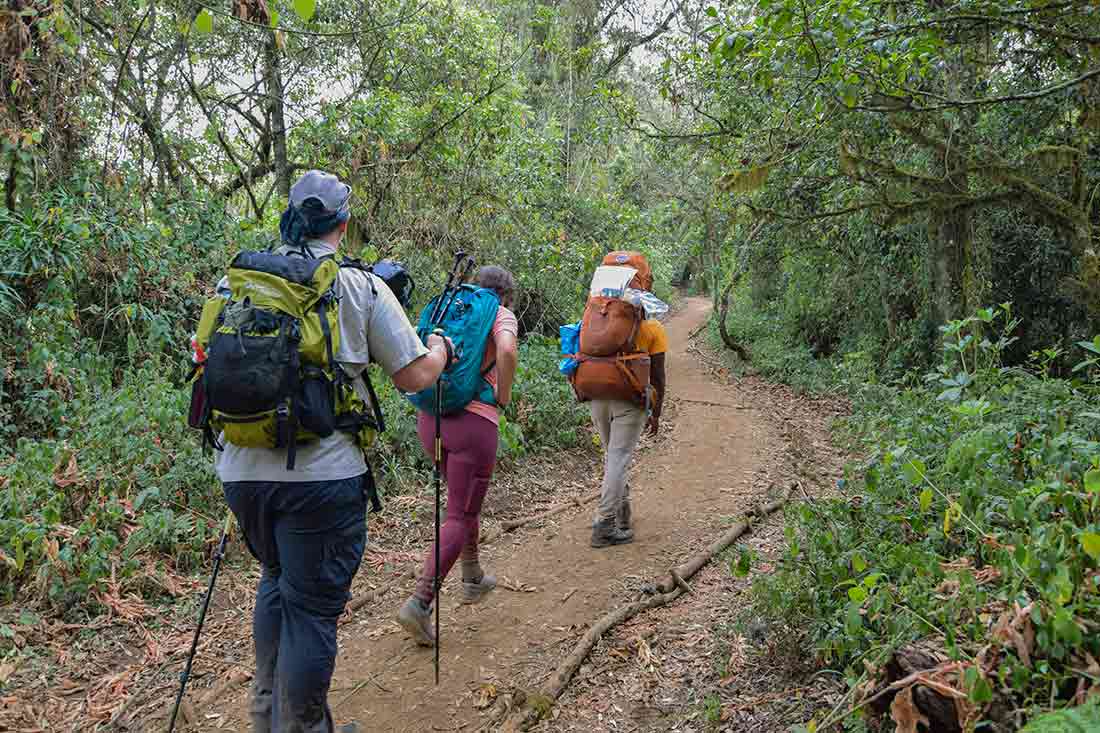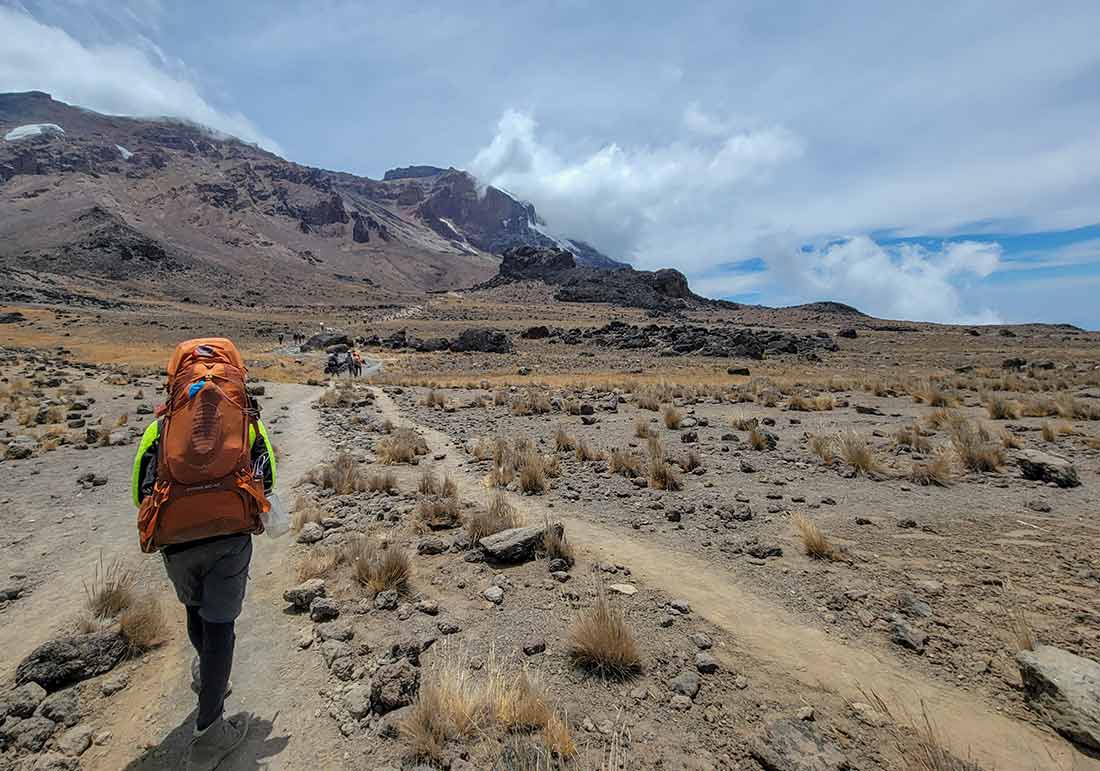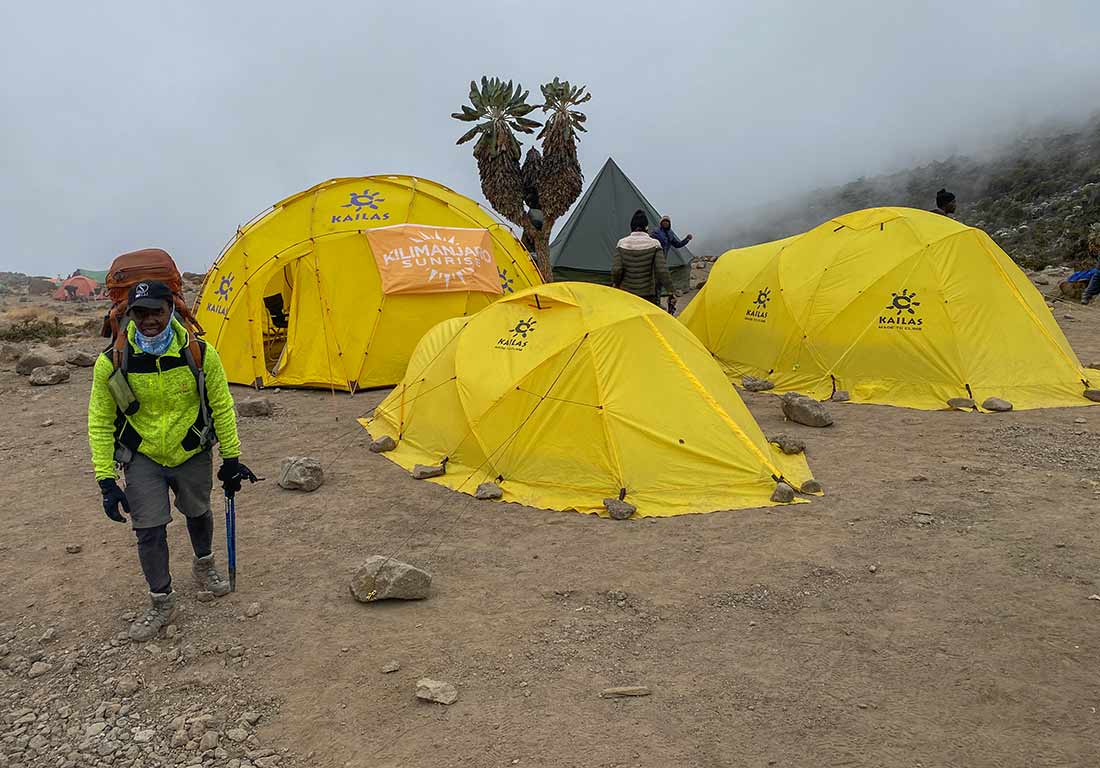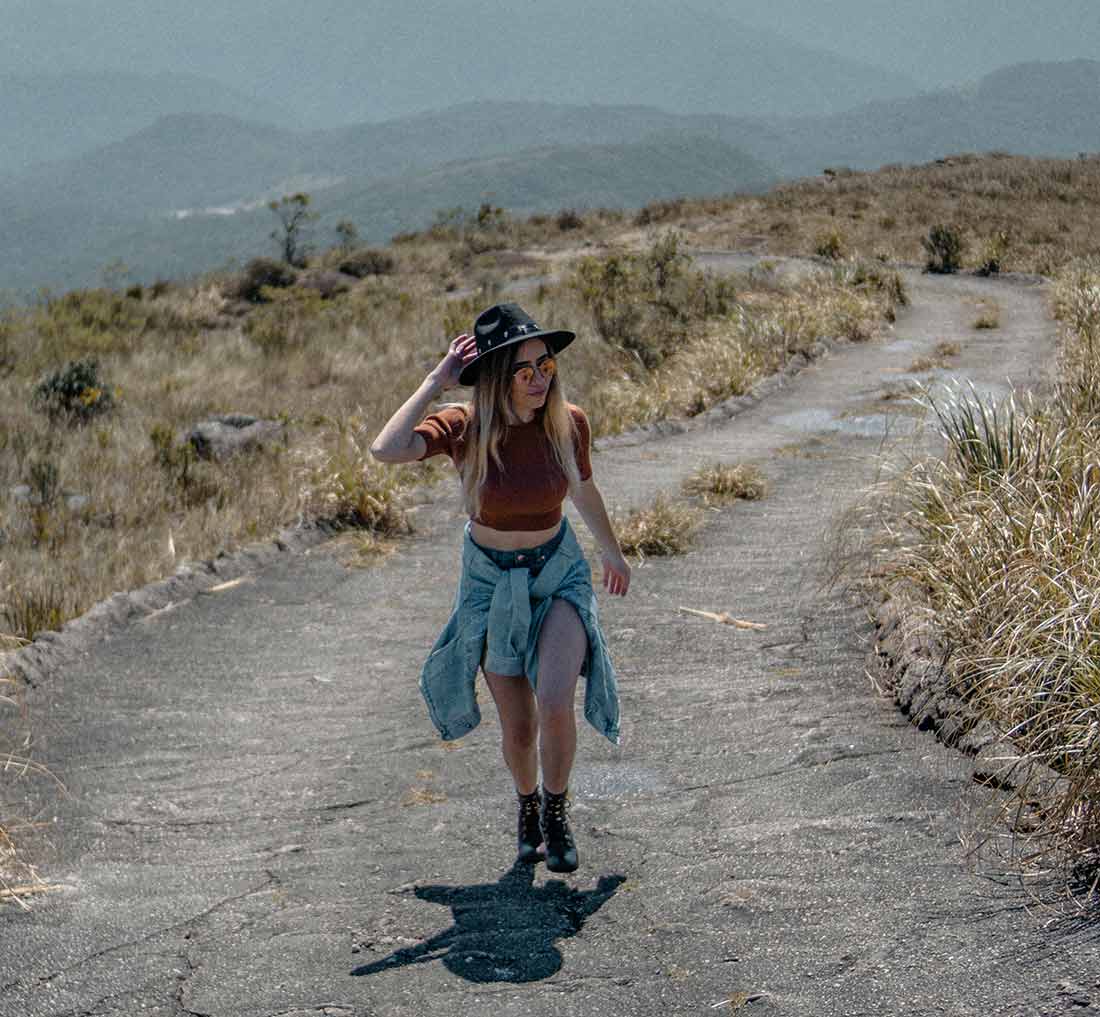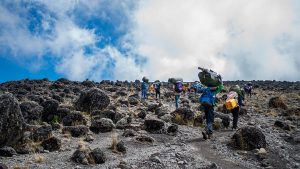Mount Kilimanjaro, towering majestically in Tanzania, is the highest peak in Africa and a coveted destination for adventure seekers and nature enthusiasts around the globe. Standing at an impressive 19,341 feet (5,895 meters) above sea level, Kilimanjaro poses a formidable challenge to anyone attempting to conquer its summit. Many people wonder if an average person, without extensive mountaineering experience, can take on this monumental feat. The answer is both yes and no.
Climbing Kilimanjaro is no walk in the park, but it is not limited to elite athletes or seasoned mountaineers either. The beauty of Kilimanjaro lies in its accessibility to ordinary individuals with determination, good physical fitness, and mental resilience. It’s a challenging endeavor, but with proper preparation, the average person can certainly take on the task.
Physical Fitness
One of the key factors for successfully climbing Kilimanjaro is physical fitness. While you don’t need to be an Olympic athlete, it’s essential to have a reasonable level of fitness to endure the physical demands of the climb. Kilimanjaro’s ascent involves long hours of trekking over varied terrain, including steep inclines and rocky paths. Building cardiovascular endurance and strength through regular exercises such as hiking, running, or cycling can greatly enhance your chances of reaching the summit.
Mental Preparedness
Apart from physical fitness, mental preparedness is crucial when climbing Kilimanjaro. The climb is both physically and mentally demanding, requiring determination, perseverance, and a positive mindset. The altitude, long hours of hiking, and the potential for unpredictable weather conditions can test your mental resilience. However, with proper mental preparation, including understanding the challenges you may face and having realistic expectations, an average person can develop the mental fortitude necessary to push through and reach the summit.
Acclimatization
Altitude sickness is a real concern when climbing Kilimanjaro. As you ascend, the decreasing oxygen levels can cause symptoms such as headaches, dizziness, nausea, and fatigue. It’s important to choose a reputable tour operator that offers a well-planned itinerary with built-in acclimatization days. These extra days allow your body to adjust to the altitude gradually, reducing the risk of altitude-related illnesses. Adequate hydration, proper nutrition, and pacing yourself during the climb also contribute to successful acclimatization.
Guided Expeditions
While it’s technically possible to climb Kilimanjaro independently, the law requires you to at least have a guide. Of course, you’ll also need porters to carry the bulk of the equipment, food, and water. Our professional guides have extensive knowledge and experience in leading climbers up the mountain. They can provide guidance on proper pacing, help monitor your health and well-being, and ensure safety throughout the journey. Additionally, joining a guided expedition allows you to focus on the experience and enjoy the breathtaking scenery, knowing that you’re in capable hands.
Preparation and Training
Preparing for a Kilimanjaro climb involves careful planning and training. Start by researching reputable tour operators that offer guided expeditions. They can provide guidance on the best routes, equipment needed, and essential preparations. It’s advisable to begin a training regimen several months in advance. This training should focus on cardiovascular exercises, strength training, and most importantly, hiking to build your endurance. Consulting with a healthcare professional before embarking on such a physically demanding adventure is also recommended.
Final Thoughts
In conclusion, while climbing Kilimanjaro is a significant challenge, it is not limited to elite athletes or experienced mountaineers. With the right physical fitness, mental preparation, and proper guidance, an average person can climb Kilimanjaro. Doing so is a test of personal limits, an opportunity for self-discovery, and a chance to witness the breathtaking beauty of the African continent.


